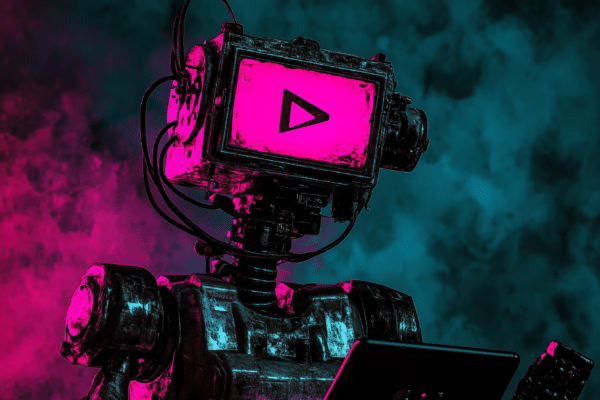Almost all the talk about artificial intelligence is praise and awe. More so in a context of widespread enthusiasm. However, the risks when employing the technology cannot be dismissed without reflection. The use of AI in legal research is ushering in a new era of efficiency. But this technological advancement also brings with it several challenges and concerns for legal professionals.
One of the biggest concerns is the phenomenon known as “AI hallucinations,” where systems misrepresent information or cite non-existent cases in their attempt to make predictions and generate answers. This jeopardizes the integrity of court proceedings and the reputation of law firms.
An illustrative case is Roberto Mata v. Avianca, in which the reliance of his lawyer, Steven Schwartz, on inaccurate AI-generated content led to the filing of a document with non-existent cases, costing the lawyer a fine. This case highlights the importance of rigorous scrutiny and independent verification of AI output before it is used in a legal context.
A hidden threat
Another major problem is algorithmic bias and discrimination, a byproduct of biased or incomplete data sets used to train AI systems. This issue comes in a variety of forms: from risks in online recruitment tools to criminal justice algorithms that perpetuate discrimination against individuals or groups. Such biases not only undermine the fairness and impartiality expected in the practice of law, but also expose companies to potential legal and ethical violations.
Breach of confidentiality is a critical risk associated with AI in practice. Its reliance on large amounts of data, including personal data, creates a risk of unauthorized disclosure or mishandling of data during training processes. The profession, bound by strict confidentiality agreements, must proceed with caution, set clear parameters for the types of data to be shared with AI platforms, and only select solutions that adhere to ethical and legal standards.
Similarly, privacy concerns arise, as AI products often collect user data and may share it with unspecified third parties. Not only does this practice violate the privacy laws of several countries, but it also risks undermining customer trust. Professionals should remain vigilant and ensure that any AI tool they use respects and protects user privacy under applicable laws.
Risks
Copyright and intellectual property issues arise when AI uses copyrighted material for its training data, often without proper attribution. This poses a significant risk of unintentional copyright infringement and complicates the legal position of professionals who rely on AI-generated content.
Complying with copyright laws and applying one's own legal knowledge to AI responses is critical to safely navigating this legal minefield.
As AI is introduced into the legal profession, the challenges of information accuracy, algorithmic bias, confidentiality breach, privacy concerns and copyright issues will only increase. However, by implementing proactive measures, such as establishing clear usage guidelines, conducting thorough evaluations of AI tools, and updating regulations, legal teams can overcome these challenges.
Integrating AI into legal practice requires a balance between leveraging technological efficiencies and upholding the ethical and legal standards of the profession to ensure that the legal profession remains a bastion of trust and integrity in the digital age.






